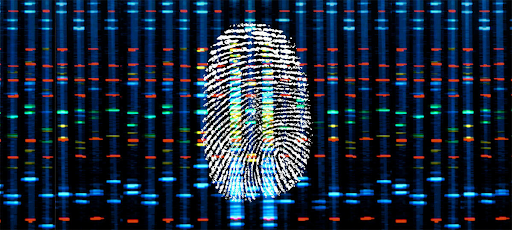Should you swab your throat when testing for Covid-19?

Most Covid-19 tests in the US are nasal swabs. But should we start swabbing throats, too?
As the Omicron variant sweeps through the US, some have questioned the efficacy of rapid tests in detecting Covid-19 infections. Along with the question of PCR vs rapid testing, another debate has arisen online: should we be doing throat swabs rather than just nasal swabs when testing?
According to a recent South African report, Omicron has higher viral shedding in saliva than in nasal samples. Because there are more viral particles in the saliva, they are more easily detected, leading to greater test sensitivity. Based on both this report and anecdotal reports of differing results with different swabbing sites, some have started to swab their throats when self-administering rapid tests.
However, this report is not peer-reviewed, and the tests used in the report were PCRs, not rapid tests, so according to a Vox article, the FDA and the CDC still advise that people follow the instructions on their test kits.
Despite this advice, some experts such as Stanford University’s Institute for Stem Cell Biology and Regenerative Medicine instructor Michal Tal and epidemiologist Dr. Eric Feigl-Ding, have promoted the use of rapid tests designed for nasal swabbing for throat swabs as well. According to an article from NPR, before meeting someone, Tal asks that they take a rapid test, swabbing their nose, cheeks, mouth, and throat. Feigl-Ding, or @DrEricDing on Twitter, is a vocal proponent of combined nose and throat swabs, sharing stories of tests that came back negative with a nasal swab but came back positive when both the nose and throat were swabbed.
Other governments like that of the UK have also embraced throat swabs, even posting videos on how to administer a throat and nose rapid test. However, according to an article from the New York Times, unlike in the UK, antigen tests in the US are not authorized for throat swabs.
To clear up the confusion, on January 7, the FDA tweeted:
FACT: When it comes to at-home rapid antigen #COVID19 tests, those swabs are for your nose and not your throat. https://t.co/WpgTKrGV4q pic.twitter.com/eyZHADezYB
As of now, most experts recommend adhering to FDA guidance, citing that throat swabs are more difficult to perform and present risk of injury. According to the NPR article, acting FDA head Janet Woodcock warned against using nasal swabs as throat swabs, saying: “[People] may stab themselves. That would not be good.” The tests are also designed for nasal swabbing, and there is currently no hard data proving that throat swabs are more sensitive.
So for those concerned about the efficacy of nasal swabs, keep an eye out for any developments, but as of now, most experts ultimately recommend abiding by FDA guidelines and test kit instructions.
by Hana Shinzawa ’24, Science Editor
24hshinzawa@montroseschool.org










